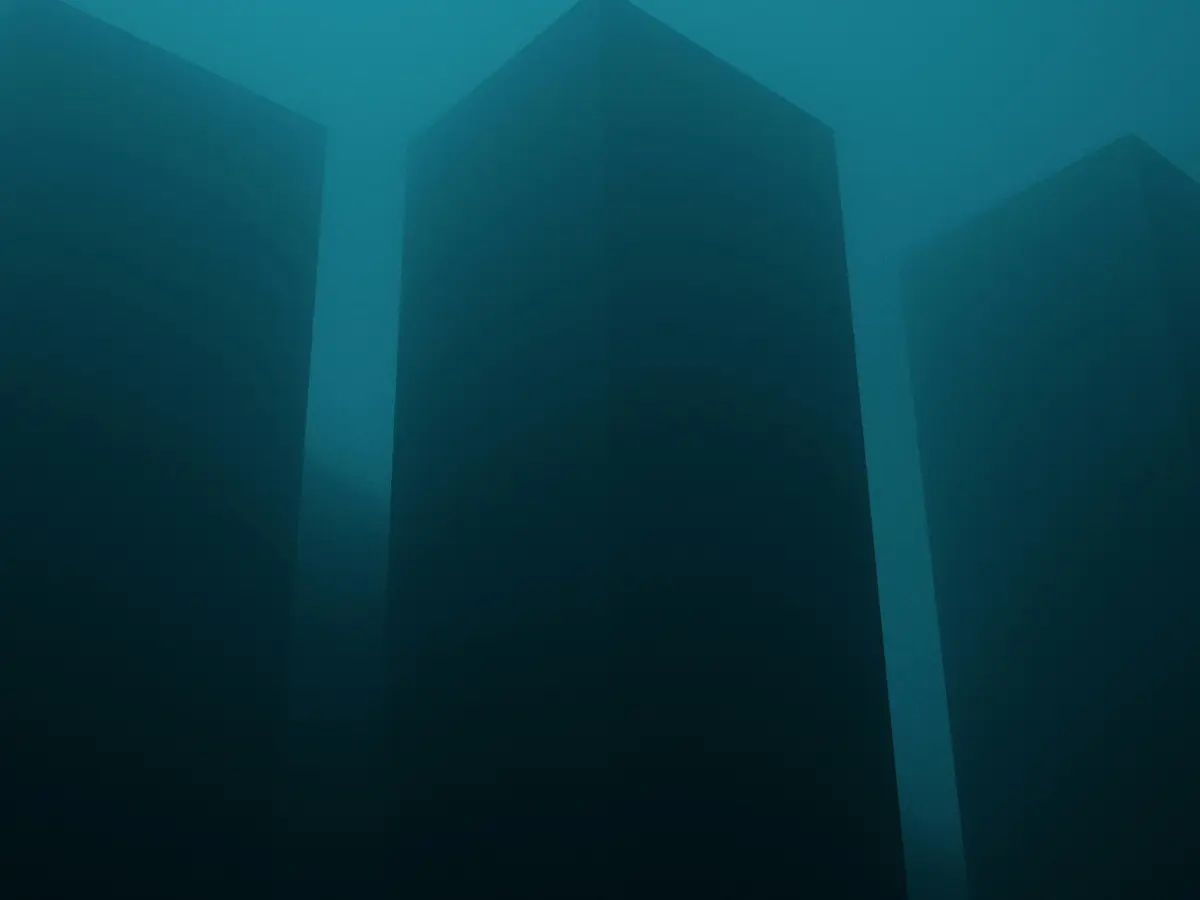A lost city being called the Stone Age Atlantis, has been found deep in the ocean in Denmark’s Bay of Aarhus. Archaeologists say that this small city went underwater when the last ice age ended about 8,500 years ago. With its end, massive ice sheets started melting, leading sea levels to rise and submerge Stone Age settlements. They dug up only about an area of 430 square feet and found evidence that humans once lived there and practised organised activities. Researchers found stone tools, animal bones, a piece of wood that appears to be a tool of some kind and arrowheads, all proving a thriving human society in the region. Underwater archaeologist Peter Moe Astrup said that the place is like a “time capsule” where “everything was preserved in an oxygen-free environment and “time just stopped.” He stated that this global sea level rise, dramatically altered coastlines.
Researchers have previously discovered similar Stone Age settlements on land, but this is the first time that they have come across one under the ocean. They believe that the sea is hiding many more clues about the life of the Mesolithic people, such as harpoons, fish hooks or traces of fishing structures, since living on the coast, they would have depended on fishing for food. As Astrup said, everything is perfectly preserved in the absence of oxygen, with organic materials like wood and nuts shedding light on what these people made and consumed. Besides, these items will also show how their tools and techniques evolved to survive in a changing world.
Add WION as a Preferred Source
Project to find lost Stone Age settlements
Scientists have been working on a $15.5million six-year international project to map parts of the seabed in the Baltic and North Seas. The purpose of this mission is to explore sunken Northern European places and uncover lost Mesolithic settlements. This summer, researchers went 26 feet under the sea near Aarhus using a specialised underwater vacuum to collect buried treasures.
They scanned through every foot of the area and pieced together the artefacts to reveal a human settlement that once lived here. The next step is to excavate two locations in the North Sea, which will pose a challenge because of its conditions. The sea levels are once again rising, and scientists hope to provide a solution in terms of adaptability by looking into how people changed their ways to survive as coastlines changed.
Related Stories

